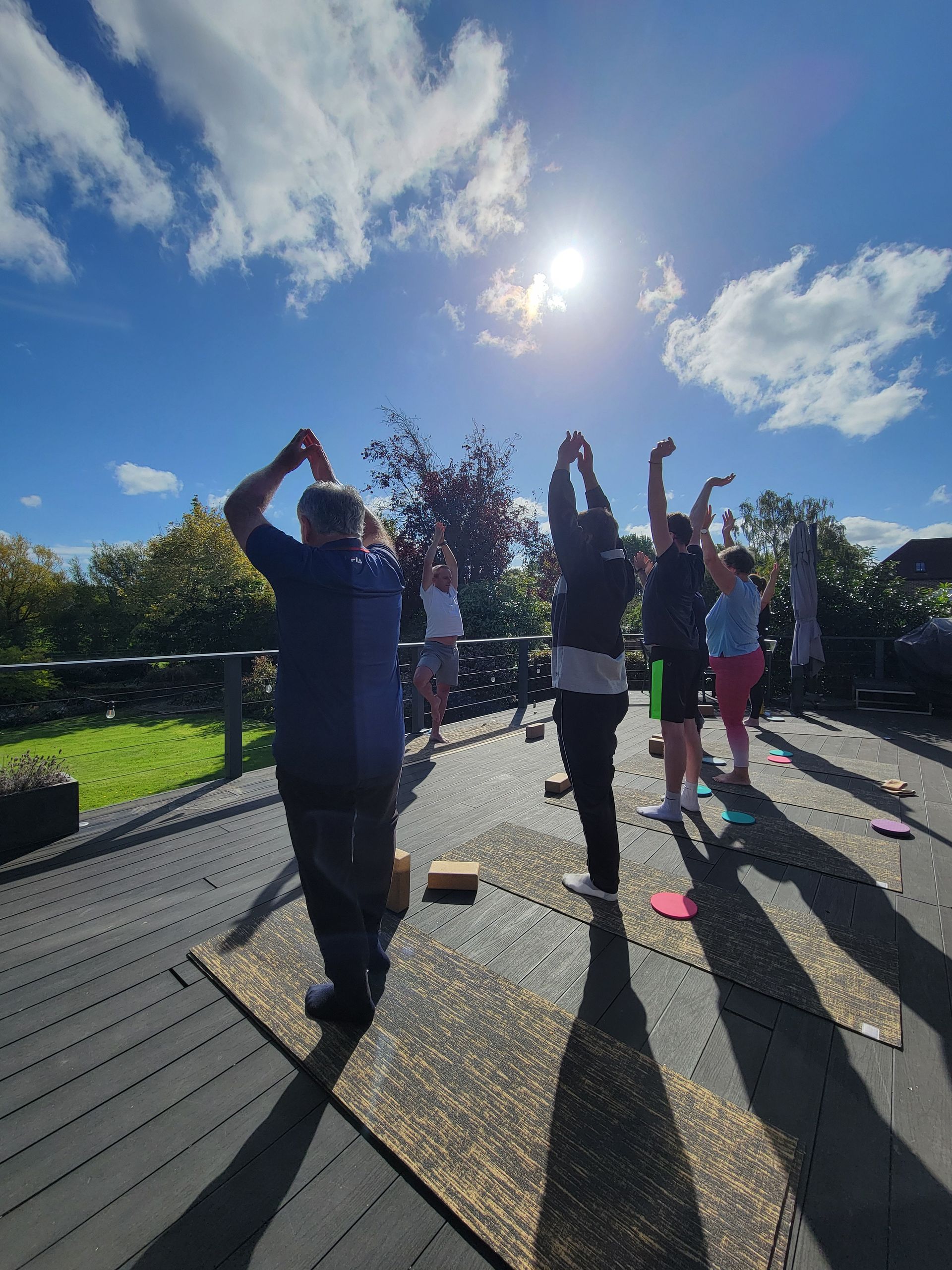INTERMITTEMT FASTING TIPS
10 Tips to Help with Intermittent Fasting
The body content of your post goes here. To edit this text, click on it and delete this default text and start typing your own or paste your own from a different source.
INTERMITTENT FASTING TIPS
In a previous post, we outline the range of benefits of intermittent fasting. The theory sounds all very good, however, it can be hard to get started.
In this blog, we outline a few ways to get started and tips you may find helpful when you do get started (with whichever programme you choose).
Meal skipping
This can happen in our busy lives and tends to be more ad hoc. Although a good way to start - to show you can do it, getting in regular routine can help get into the swing of things.
Stay hydrated
Make sure you drink plenty of water, hot or cold. Alternatively drinks without any calories are also an option such as black coffee, tea and herbal drinks. (Remember that caffeinated drinks can be dehydrating).
Keep busy
This is most a distraction technique to help keep you mind off food! Don't over do it to the point you need to refuel....life admin, reading, listen to podcast are all other ways to get things done whilst keep your mind off the subject of eating.
Sleep
We've certainly found that fasting whilst asleep is the easiest way to get through large periods of your fasting time. (It feels like cheating but it really isn't!).
Wellness activities
Yoga and mediation are both ways to gently look after both your physical and mental health. Again the point is not to over exert yourself otherwise that defeats the point!
Plan what you eat
High volume low calorie foods such as popcorn, fresh vegetables and raw fruit with high water content such as melons and grapes are good options.
Eat slowly and frequently
Try to eat at lease every 3 hours and make sure you get your required calorific intake in across your eating period
Prepare your meals ahead of time
Save time during the week, or when you are busy to plan and prepare what you want to eat. This will save time throughout the week, but also save money (which is particularly important at the moment).
Keep your blood sugar levels stable
Eating nutrient rich foods such as fibre, vitamins and minerals will help keep the blood sugars stable.
Add a little spice
Using a variety of spices will really add taste to food without adding the calories. Try adding garlic, herbs, vinegar or add extra seasoning to your meals. You'll be adding taste without the calories.
Before you start....
Firstly, the very nature of fasting (any of the above options listed) - will mean you will feel hunger. Fasting should be thought of as one element of living a healthier lifestyle of controlling your eating habits, along with drinking enough water, getting enough sleep, regular exercise, whilst also maybe cutting down on caffeine and alcohol.
As will all tweaks to your existing lifestyle routine, it will take some time to adjust. So feeling 'weak' or not feeling as sharp as you normally do are likely to be short term side affects. The body can take between 2-4 weeks to get used to intermittent fasting, so if you feel tired or cranky do try and hang in there if you can.
If, however, you are dealing with any of the following are areas, then it's best to consult a medical professional before you start any form of intermittent fasting
- If you are underweight
- Has a history of eating disorders
- Have low blood pressure
- Has diabetes
- Experiences difficulty with blood sugar regulation
- Are on existing medication
- Trying to conceive
- Are breast feeding
- Experience amenorrhea
People under 18 should not try intermittent fasting.
Good luck and let us know how you get on and please share any tips that have worked for you.









